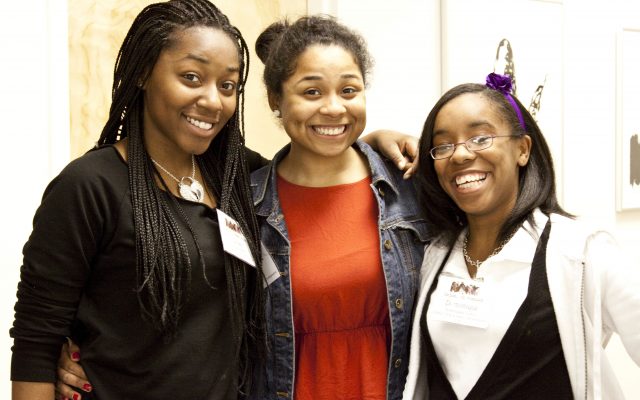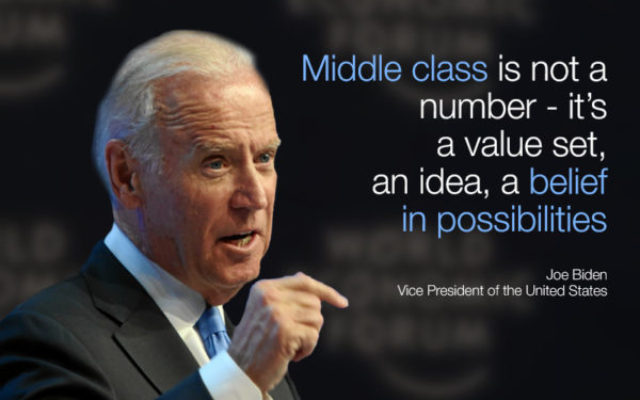Scholarship of belonging
The blogs you read on the Knowledge Without Borders website on diversity, including those about first-generation and low-income students, are often about cultivating a sense of belonging. Too many low-income students from diverse social, ethnic, and racial backgrounds feel like outsiders when they arrive on campus. This is a shame because first-generation, low-income students add value to campus life. A value often underrated when we default to a deficit analysis of these students that highlights academic deficiencies.
In order to realize their value to college communities, first-generation, low-income students need to feel like they belong on campus. But how do we transform the aspiration of wanting to belong to the confidence of belonging? Research studies are beginning to test and measure the impact of belonging on subsequent student retention and success in college.

Too many first-generation, low-income students arrive on campus feeling like they don’t belong there.
One encouraging approach is the use of lay theories to cultivate a sense of belonging among first gens. What is a lay theory? Lay theories are not scientific. Rather, they capture intuitive theories we use to navigate everyday life. People’s perceptions about themselves and their agency in the world are reflected in lay theories.
Researchers from the University of Texas at Austin, Stanford University, and several other universities and organizations used lay theory to study first-generation, low-income student retention and success in college. Their study, “Teaching a lay theory before college narrows achievement gap at scale,” analyzes the results of three randomized controlled trials in different educational settings to test a common lay theory among first-generation, low-income students: they do not belong in college.
These researchers developed variations of online interventions in which first-generation, low-income students who had adapted to and thrived in college shared their stories with matriculating first gens. The older students told their stories about arriving on campus, about how they, too, had felt out of place in college. Their stories emphasized that outsider status is often temporary — and can be overcome.
These findings are significant. Once students understand feelings of isolation are common — and temporary — they are more likely to get on a pathway to success in college.
Across three experiments, lay theory interventions delivered to over 90% of students increased full-time enrollment rates, improved grade point averages, and reduced the overrepresentation of socially disadvantaged students among the bottom 20% of class rank. — “Teaching a Lay Theory …”
Realizing that they can be a part of a college community is an important first step to adding value to that community. These are some of the issues educators, both at K-12 and college levels, are contributing to the “Scholarship of Belonging.” Isaac Prilleltensky at the University of Miami says that a sense of belonging “involves two mutually reinforcing elements: feeling valued and having the opportunity to add value.”
His colleague, Osamudia James, a law professor, underlines that social, racial, and ethnic diversity on campus can only add value if diverse students are authentic participants, not bystanders, in college life. Emphasizing the value of racial diversity, she notes: “If people of color cannot operate in roles that enable them to add value to the community, they are relegated to satisfying an abstract ideal of ‘diversity’ to enrich the learning environment of the majority.”

Students of color offer unique narratives that add value to the college community.
We are moving beyond a static view of first-generation, low-income students as academically inferior to a dynamic view of them as students who add tremendous value to college. But as lay theory research is demonstrating, the first step in this process is inculcating a sense of belonging. Belonging leads to agency among diverse students in accessing resources and building upon these resources to add their unique value to educational experience.













No Comments Yet!
You can be first to comment this post!